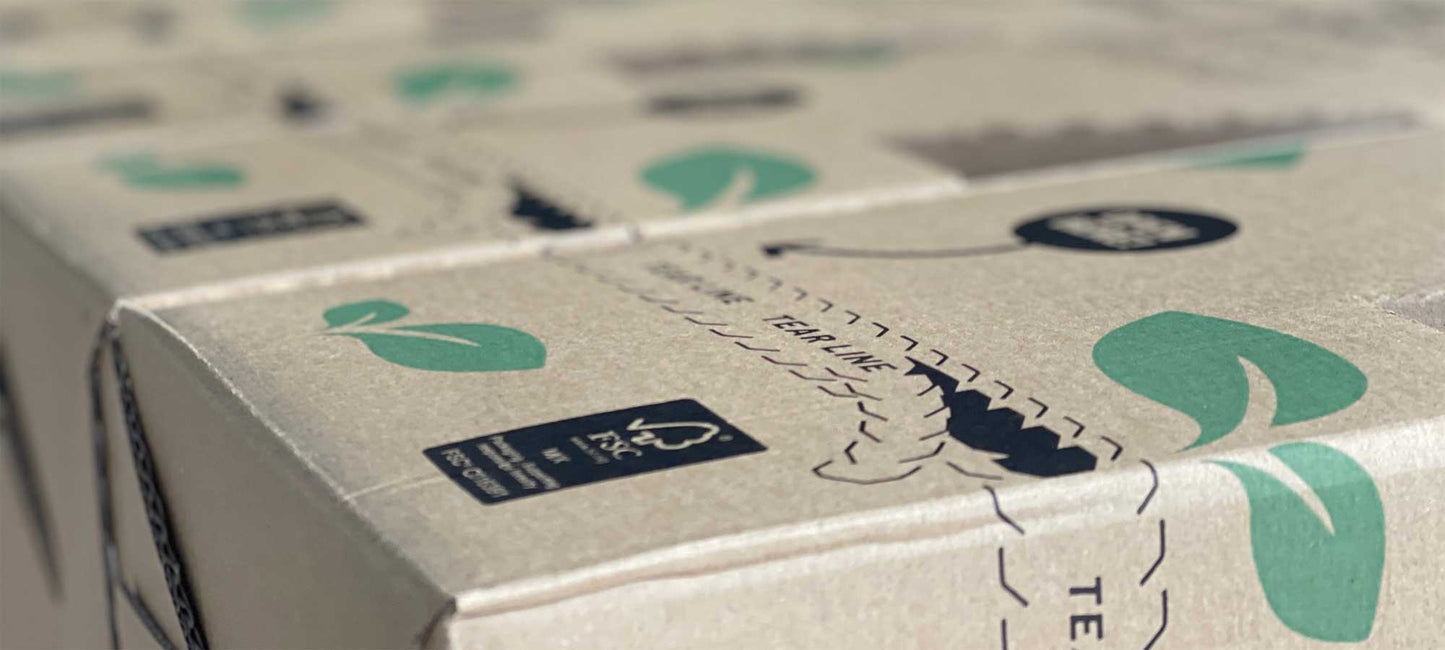Rubus idaeaus 'summerchef'® - Σμέουρο κόκκινο
Διάμετρος γλάστρας:13εκ, Ύψος:45εκ. Βιολογικής καλλιέργειας.
Φυλλοβόλο. Καρπίζει σε ξύλο προηγούμενου έτους.
The summer raspberry with the best aroma!
Μια ποικιλία που απλά θυμίζει πως πρέπει να είναι στη γεύση το σμέουρο!
Συνδυάζει ισχυρή ανάπτυξη, υγιή κατάσταση βλαστών το Χειμώνα και φυσικά τη μοναδική γεύση των καρπών του.
If you have forgotten how a raspberry should taste, please try the Summer Chef® summer raspberry.
For years we have been looking for a garden summer raspberry that combines an excellent raspberry flavor (like Tulameen or even better) with robust growth and good cane health, whose canes will survive the winter well even in slightly harsher conditions (winter cold and bise).
With Summer Chef® we have found this combination!
The aroma of the large, light red fruits is just as intense and concentrated as it is difficult to describe: it starts out fruity and sour, almost wakes you up, awakens all your senses and then comes the aroma that you can call vanilla with floral elements could describe. So super aromatic andfruity!
And something else: the eating experience lasts, not only because you reach for the next fruit right away (snacking allowed!), but because the aroma is so lasting.The name Summer Chef®Insiders at Lubera® claim that the name Summer Chef® was chosen because with a raspberry with so much flavor you don't need a chef or a creative cook, the fruit speaks for itself, so to speak himself the boss.The advantages of the summer raspberry Summer Chef®
- extremely intense raspberry aroma, fruity and aromatic
- healthy, relatively compact, easy to overwinter rods with few thorns
- ripen in July, right in the gap between summer and autumn raspberries
Robust growth and high yieldThe cultivation of summer raspberries, as interesting as it is, can sometimes be quite frustrating, since the canes grown last year have to survive the winter healthy and vital so that the flowering shoots can sprout and bear fruit in spring. This is where Summer Chef® has its strengths in addition to the tasting quality, the medium-thick and relatively compact rods grow in sufficient numbers and come through hard winters above average. They then sprout regularly from bottom to top with relatively long side shoots, which then lead to a very high yield overall.Why new summer raspberries are neededWith autumn raspberries that are getting better and better, ripen earlier and, as Twotimer®, can still bear fruit on last year's rods, we naturally asked ourselves whether new summer raspberries were needed at all. But first of all there is the outstanding fruit quality, which has not yet been surpassed by any autumn raspberry: quite obviously, the larger and older wooden body (the hibernated cane) still has the somewhat greater potential for developing sugar and aroma than with autumn raspberries. The same is said about old vines, the quality of which can never be reached by young vines... In addition, the summer raspberry has the advantage that it ripens earlier in the season and is therefore less affected by the cherry vinegar fly.Brief description of the summer raspberry Summer Chef®Culture: Summer raspberry, bears on the two-year-old caneRipening period: July, from the beginning of JulyFruits: Beautifully conical in shape, large, very high yield, which results from the long fruit shoots that develop over the entire length of last year's caneTaste : Most intense raspberry aroma with convincing fruitinessGrowth: Sufficient growth of young canes, the canes do not become 3 m or longer, but usually a nice and compact height of approx. 180-220 cm; good hibernation of the freshly grown rods, few rod failures even in cold years and windy-cold locations.special:The tails are only weakly thorned, the few thorns only appear as humps that do not stingBreeding: This variety was created in the joint breeding program of East Malling Research and Lubera in Kent, England; Breeder Felcidad Fernandez
It is rich in vitamin C, tannins, anthocyanins as well as fiber and especially popular in cooking and confectionery (syrup, jams, juice, fresh or dried).



